


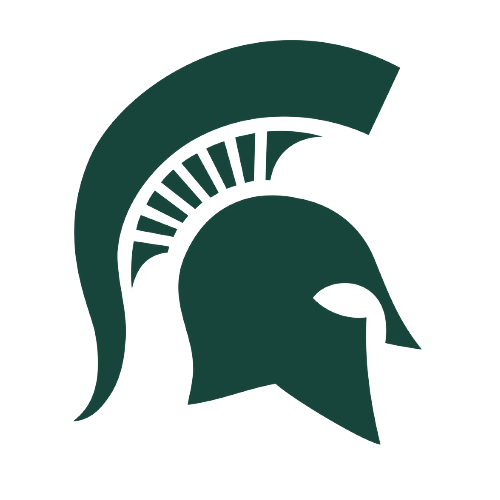


 Official Transcript
Official Transcript  Several Essays
Several Essays .svg) Statement of Purpose
Statement of Purpose  2 Recommendations
2 Recommendations  Online Application From
Online Application From  Standardized Test Scores *
Standardized Test Scores *
 Parent/Guardian Consent *
Parent/Guardian Consent *



Application is closed


One of the most prestigious research summer programs! The Michigan State University High School Honors Science/Engineering/Mathematics Program (HSHSP) is a seven-week, intensive summer research program designed for motivated students from across the United States who wish to gain more experience conducting research while living on the campus of a major research-intensive university.
 Non-credit
Non-credit
 Residential
Residential
What is HSHSP?
The Michigan State University High School Honors Science/Engineering/Mathematics Program (HSHSP) is a seven-week, intensive summer research program designed for motivated students from across the United States who wish to gain more experience conducting research while living on the campus of a major research-intensive university.
The purpose of the Michigan State University High School Honors Science/Mathematics/Engineering Program (HSHSP) is to provide students from across the U.S. and territories who are entering 12th grade with the opportunity to engage in intensive research work over a seven-week period and to interact with peers who come from diverse backgrounds but who share a love of science and/or mathematics.
History and Tradition
The HSHSP is the oldest, continuously running program of its kind in the U.S., having been established in 1958 as a hands-on science enrichment program for local high school students and, over time, developing into a national, highly selective residential program offering research apprenticeships in the life sciences. Since 1989, the HSHSP has offered research opportunities in all areas of science, engineering, and mathematics.
Program Goals
The HSHSP provides its participants with a unique opportunity to “live and breathe” research in a university environment. Its goals are not only to educate individuals about the research process but to provide the right kind of social context for such knowledge and expertise to flourish. Our goal is not to produce award-winning projects (which often happens), but to provide opportunities to enrich one’s knowledge about intellectual work in science and mathematics and to make new and, hopefully, lasting friendships.
Participants will be housed in a residence hall in which there are common lounge, recreational, and dining areas. The living and recreational aspects of the program will be under the direction of two residence counselors (one female and one male), selected by Dr. Richmond and who typically have a background in science and in education.
Students will be housed in the residence hall, two per room, near students attending other academically-oriented programs. Applicants should be aware that residence hall social regulations are much less permissive for high school programs than for college undergraduates. Residence hall regulations are strictly enforced. Any serious infraction of these rules will result in the participant being sent home.
Students spend the day working individually in their research areas. The typical weekday schedule is as follows:
Breakfast (7-8:30am)
Research – Individual research projects in laboratories Approx. 8:30-12:00, 1:00-5:30 pm (Lunchtime is flexible, in light of varying research responsibilities)
Dinner (5:30-7:00)
After-dinner Discussions, Seminars, Class & Special Activities 7:00-9:00 pm Monday, Wednesday
Each participant, once accepted will indicate a preference for a research area from a list of general descriptions. Subsequent discussion with the faculty advisor upon arrival will determine the specific research project and procedure. Each participant works on a research project which is part of the mentor’s research program but which provides independence for the participant. The participant is guided by faculty, staff and graduate students who themselves are researchers in this area.
Additional program activities include:
daily record-keeping
research proposal and final report writing
use of the science reference library, use of lab safety procedures
a visit to the National Superconducting Cyclotron Laboratory/FRIB and campus observatory/planetarium
discussions about college admissions and scholarships and careers in science
discussions of careers in science and personal factors which govern career
discussions of scientific responsibility and implications of scientific discovery
conference-style research presentations by students and program evaluation
Students will be required to give a presentation in their high school science class or another appropriate forum, about their research project and program experience upon returning home. Preparation of their project for a local or national science fair also will be encouraged.
Available Facilities
Available campus activities include visiting lecturers, dramatic events, musical performances, films, and planetarium programs. There are facilities for canoeing, swimming, tennis, and team sports. The participants, counselors, and the program director plan together for a number of activities.
• Only US citizens and permanent residents currently in the 11th grade are eligible for the HSHSP summer program.
• At the time of application the student must be a junior in high school, in the upper 20 percent of high school classes, and have taken at least 3 years of college preparatory mathematics and 2, or more years of science.
• We encourage applications from qualified minorities and disabled individuals. Michigan State University is an Equal Opportunity Institution.
 Official Transcript
Official Transcript
 Several Essays
Several Essays
.svg) Statement of Purpose
Statement of Purpose
 2 Recommendations
2 Recommendations
 Online Application From
Online Application From
 Standardized Test Scores *
Standardized Test Scores *
 Parent/Guardian Consent *
Parent/Guardian Consent *
• A personal essay, 400-600 words:
The essay must be neat and should address your interests in scientific research and in attending the HSHSP;
what do you think you can contribute and any other significant related events in your life that you feel would be helpful to the Director in evaluating your application.
An essay that details your lifetime awards and honors is not expected, but rather an honest and compelling story about why you want to spend 7 weeks of your summer away from family and friends, doing full-time research, and why your participation would make difference in your life.
• A second essay, 400-600 words:
Describe the impact a book you have read has had on your thinking or any aspect of your life. This book can be one assigned in a course or one you chose to read for pleasure.
• Courses you currently are taking if not included on the transcript (for which you have not yet received a grade).
• Books or magazines you have read during the past year that were not assigned by a teacher. (Include non-science readings.)
• Recommendations from at least two teachers, at least one of whom should be a science teacher you recently have had as an instructor. Please remind them that their letter does make a difference and should speak to your unique strengths as an individual—and should NOT simply be a recap of your resume. These letters should also reveal something about your motivation, independence, and maturity, so select these individuals carefully.
• Official high school transcript (with a seal) including all standardized test scores. Be sure to request that your school send test scores and rank in class (if available). Screenshots of your test scores from College Board or ACT are also accepted and highly recommended.
• Financial aid section in the online application, optional.
Deadline
Applications and supporting materials must be received no later March 1st, 2023. Applicants will be informed of their status by May 1.
 Jun 25 - Aug 12
Jun 25 - Aug 12
 7 weeks
7 weeks
Tuition cost covers room, board, and some instructional costs. Participants must provide their own transportation between home and Michigan State University campus at the beginning and end of the program and money for personal items and non-program-sponsored activities.
Financial Aid
Room and board scholarships will be available to individuals based on financial need.




 Official Transcript
Official Transcript
 Several Essays
Several Essays
.svg) Statement of Purpose
Statement of Purpose
 2 Recommendations
2 Recommendations
 Online Application From
Online Application From
 Standardized Test Scores *
Standardized Test Scores *
 Parent/Guardian Consent *
Parent/Guardian Consent *



Application is closed

Useful Resources






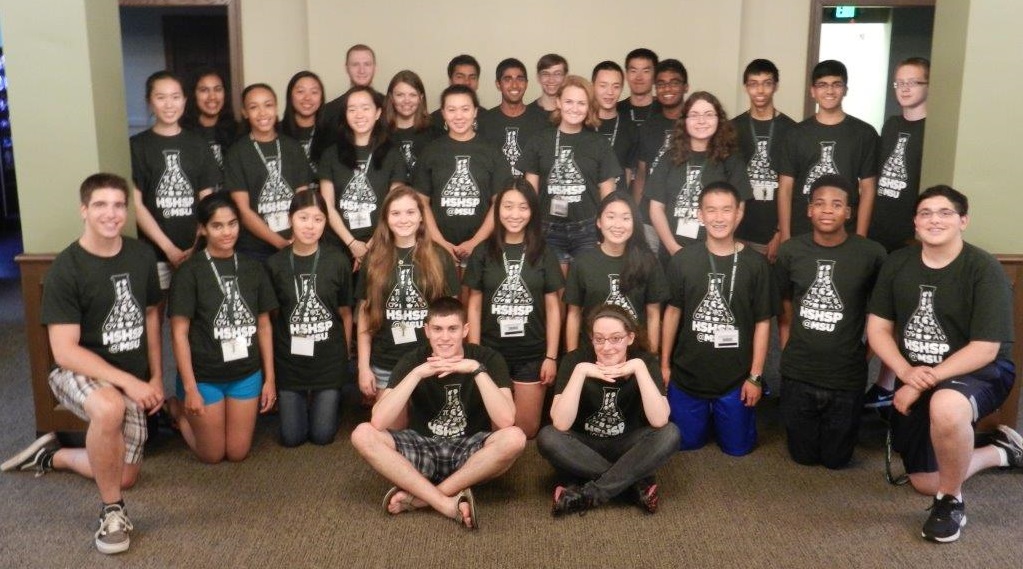
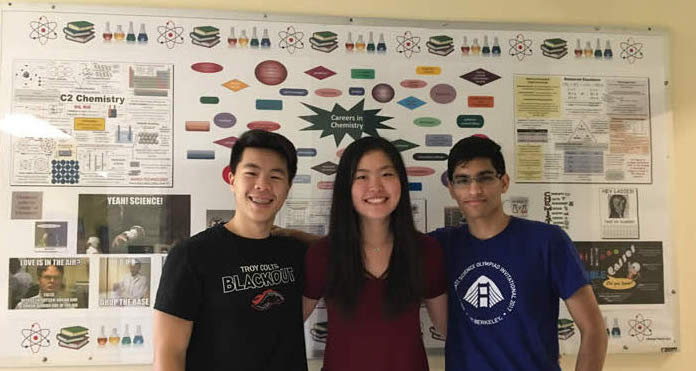
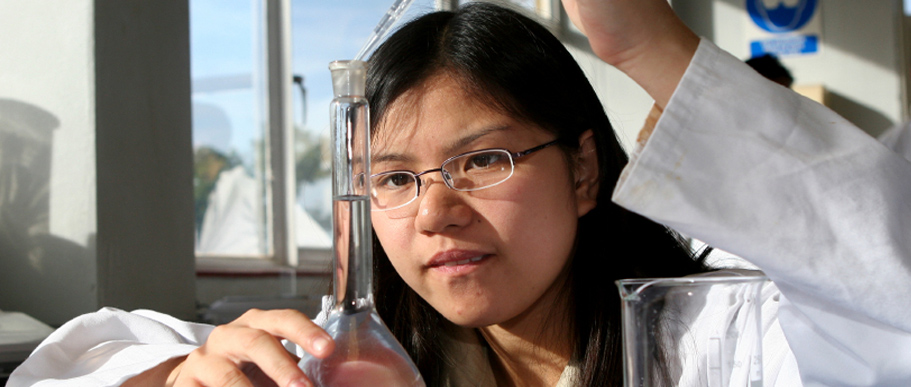
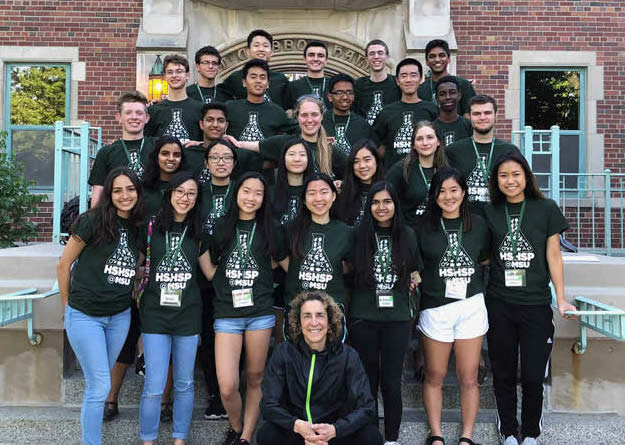
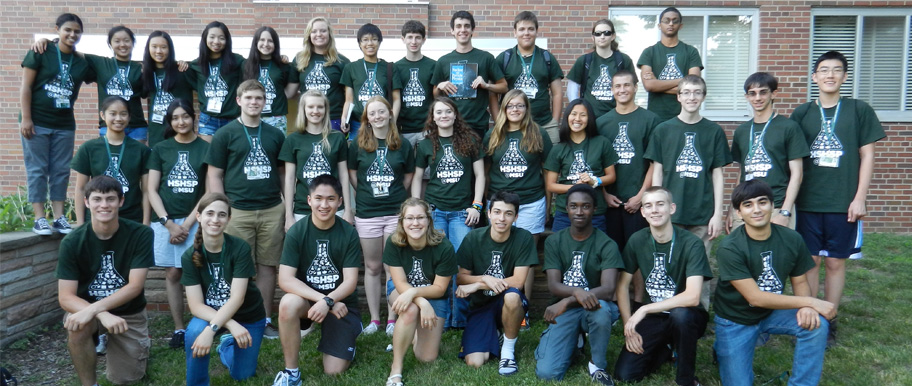
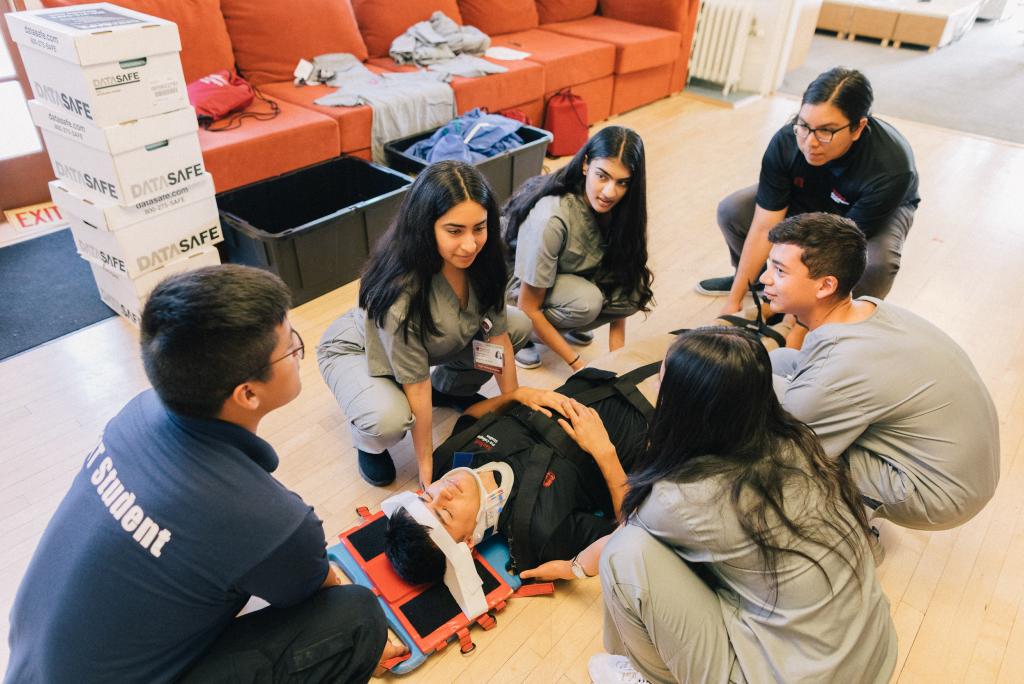




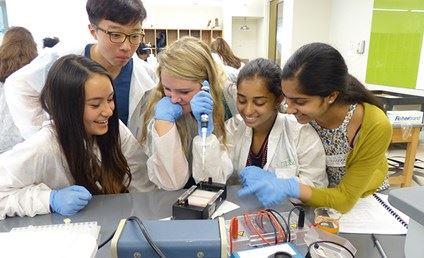

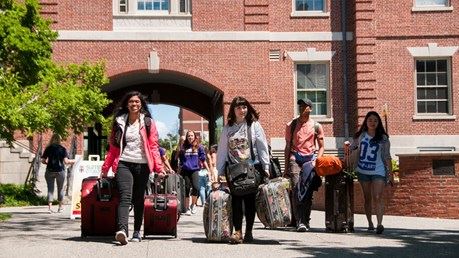

Tell us your
opinion about us